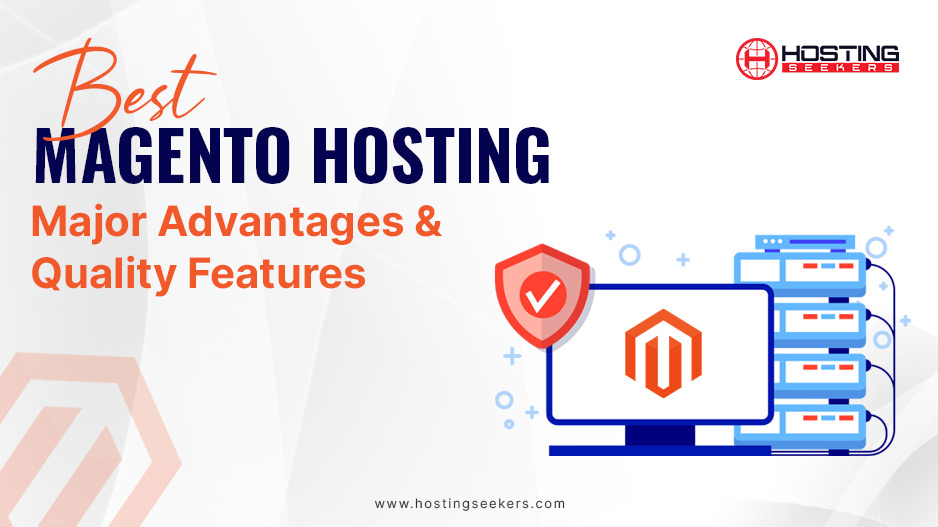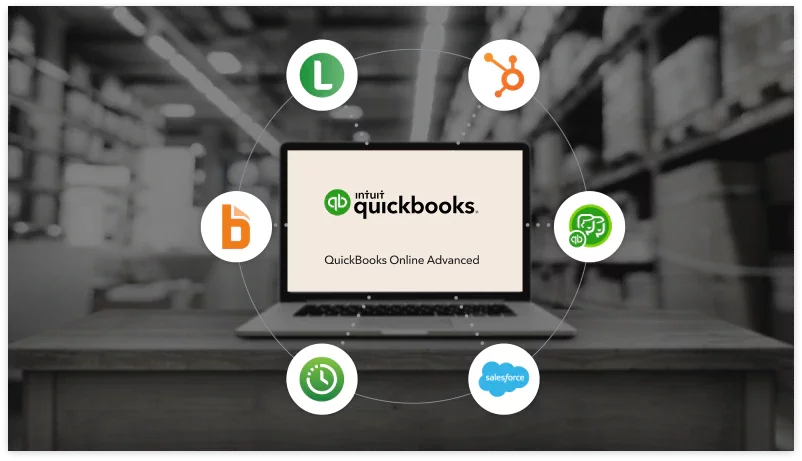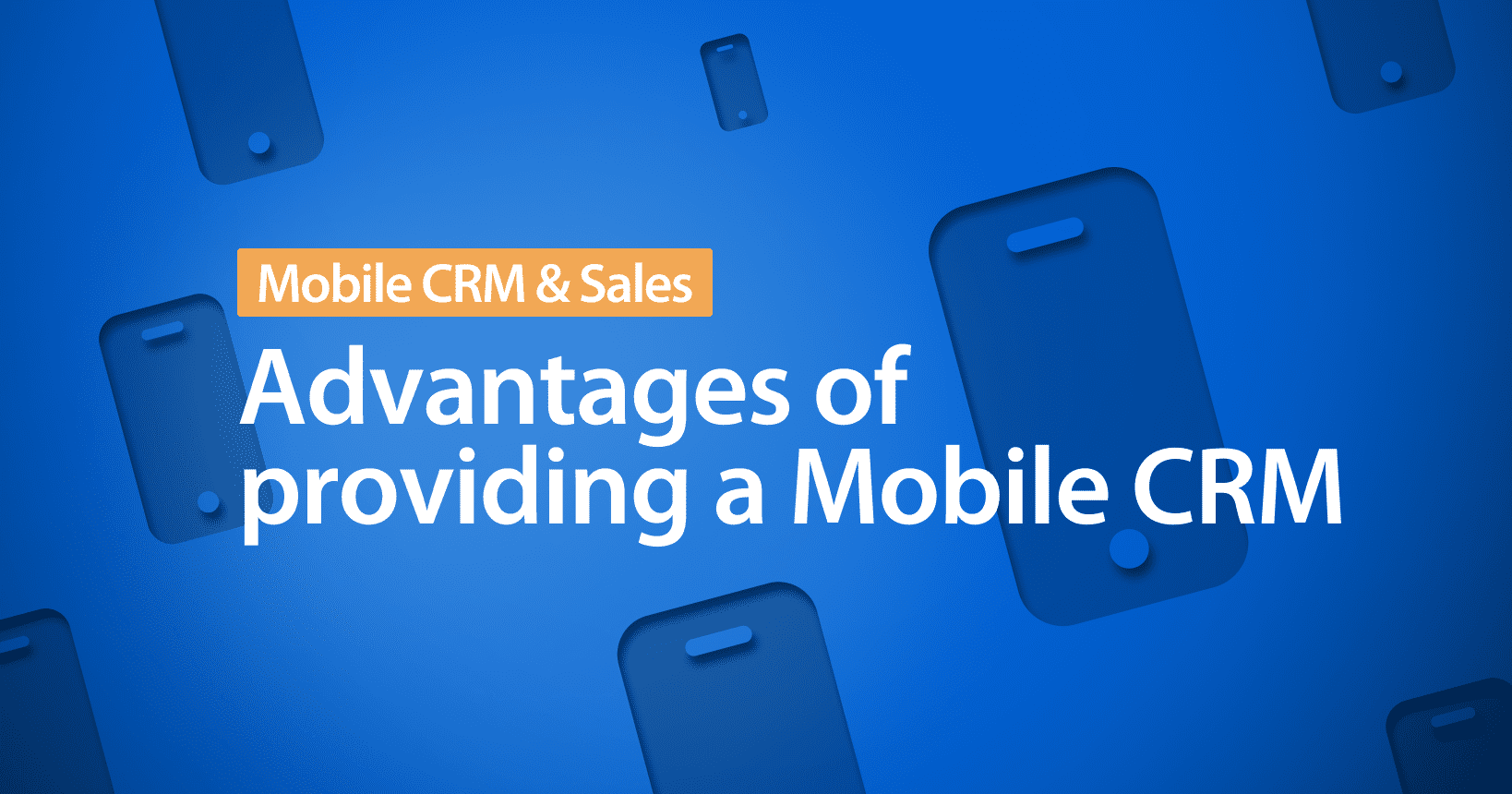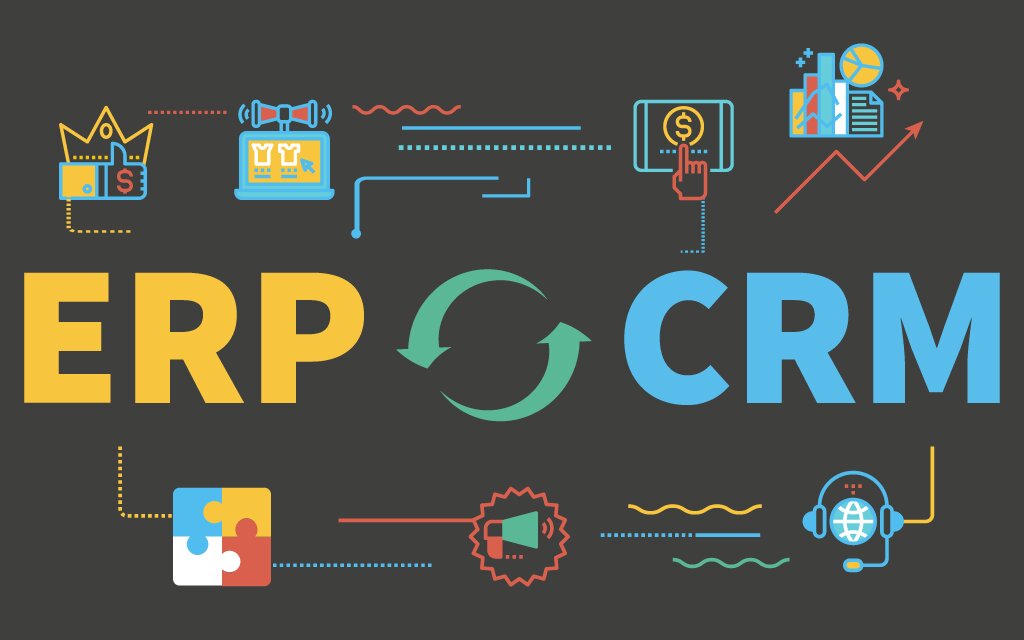In the fast-paced world of small business, effective inventory management can be the difference between success and failure. As a small business owner, you need to stay on top of your stock levels, ensure timely order fulfillment, and make informed decisions to keep your business running smoothly. This is where inventory management software comes into play.
Understand Inventory Management Software

Inventory management software is a tool that helps small business owners track, manage, and organize their inventory. It allows you to monitor stock levels in real-time, receive notifications for low stock items, and generate reports to analyze your inventory data. With the right inventory management software, you can also automate tasks such as purchase orders and sales forecasting.
Functions of Inventory Management Software
Inventory management software offers a suite of powerful features designed to streamline your operations and improve efficiency. Some of the core functions include:
- Real-Time Tracking: Keep an up-to-date record of your inventory levels at any given moment. This helps in preventing stockouts and overstocking.
- Order Management: Simplify the process of creating, tracking, and fulfilling orders. Integrate with e-commerce platforms to sync orders automatically.
- Supplier Management: Maintain a database of suppliers, track purchase orders, and manage supplier relationships to ensure timely restocking.
- Barcode Scanning: Utilize barcode scanners to improve accuracy in inventory counts and speed up the process of checking in and out stock.
- Report Generation: Generate detailed reports to analyze sales trends, inventory turnover rates, and product performance. Use this data to make informed decisions.
- Forecasting: Use historical data to predict future inventory needs, ensuring you always have the right amount of stock on hand.
Benefits of Using Inventory Management Software
Adopting inventory management software can provide numerous advantages for small business owners, including:
- Increased Efficiency: Automating routine tasks and processes reduces manual labor and minimizes errors.
- Cost Savings: By optimizing your inventory levels, you can reduce storage costs and minimize losses due to excess stock or stockouts.
- Improved Customer Satisfaction: Ensure timely order fulfillment and accurate stock levels to meet customer expectations and prevent delays.
- Better Decision Making: Access to real-time data and comprehensive reports allows for more informed business decisions.
- Scalability: Easily scale your inventory management processes as your business grows, without the need for significant additional resources.
Incorporating inventory management software into your operations can transform the way you manage your inventory, leading to smoother operations and a more successful business.
Who need Inventory Management Software?
Inventory management software is essential for any small business that deals with physical products. This includes retail stores, e-commerce businesses, manufacturers, and wholesalers. Any business that has inventory to track can benefit from using inventory management software.
Moreover, as a small business owner, you may also need inventory management software if:
- You struggle with stockouts or overstocking
- Your inventory data is scattered across multiple systems or spreadsheets
- You have limited resources for manual inventory management tasks
- You want to optimize your inventory levels and improve efficiency in your operations.
Key Features of Inventory Management Software

When selecting inventory management software, it is crucial to consider key features that can address your specific business needs. Some of the essential features to look for include:
Integration Capabilities
Look for software that can seamlessly integrate with your existing systems, such as your point of sale (POS), accounting software, and e-commerce platforms. This ensures all your business processes work harmoniously together, increasing overall efficiency and accuracy.
Multi-Channel Support
If you sell products through multiple channels, such as an online store, physical retail location, and third-party marketplaces, multi-channel support is vital. This feature allows you to manage inventory across all channels from a single interface, ensuring coordinated stock levels and order fulfillment.
User-Friendly Interface
A software solution that is intuitive and easy to use saves time and reduces the need for extensive training. Look for software with a user-friendly interface that requires minimal adjustment for your team.
Customizable Alerts and Notifications
Being aware of critical inventory-related events in real-time can help prevent issues before they arise. Customizable alerts and notifications can keep you informed about low stock levels, impending stockouts, or other key situations that require your attention.
Mobile Accessibility
In today’s mobile-driven world, having access to your inventory management software via a mobile app can be a game-changer. Mobile accessibility allows you to manage your inventory on the go, respond to issues promptly, and keep your business running smoothly no matter where you are.
Security Features
Protecting your inventory data is crucial. Ensure the software you choose has robust security measures in place, including data encryption, user access controls, and regular backups to safeguard your sensitive information.
Scalability and Flexibility
As your business grows, your inventory management needs will evolve. Opt for software that offers scalability and flexibility, allowing you to add new features and functionality as required. This ensures that your investment in inventory management software will continue to serve your business well into the future.
Choosing the Right Inventory Management Software
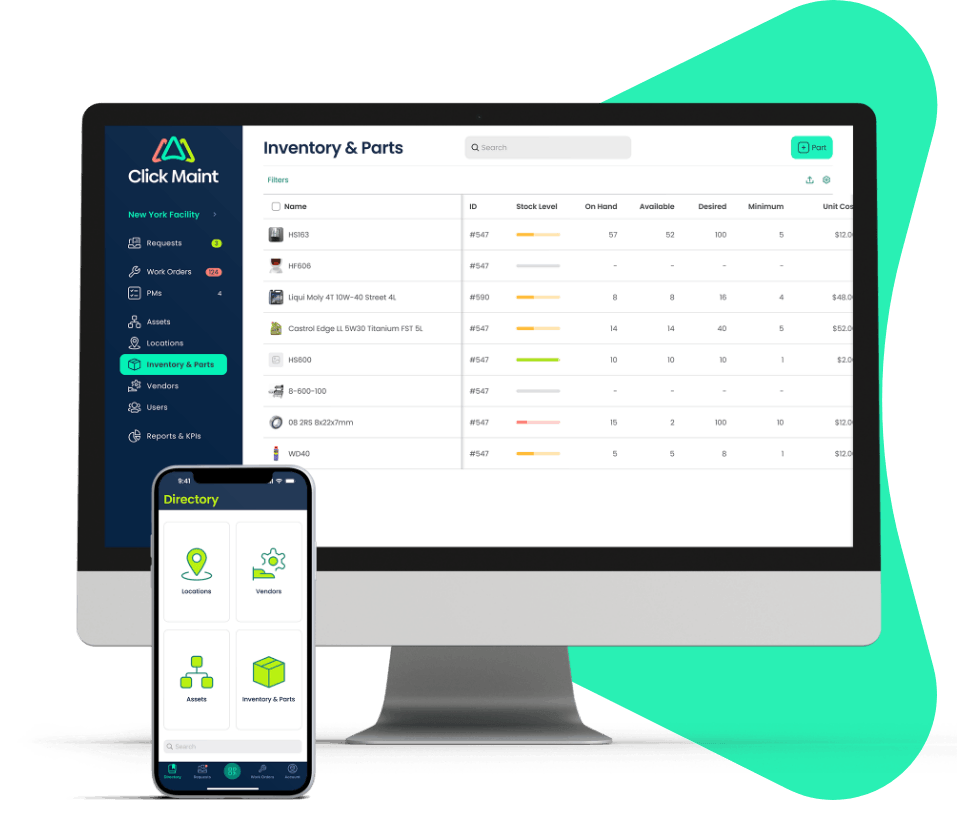
With so many options available, choosing the right inventory management software can be overwhelming.
Comparing Different Inventory Management Software Options
When comparing different inventory management software options, consider factors such as cost, scalability, integration capabilities, and customer support. Look for software providers that offer transparent pricing, free trials, or demos to test the software before committing.
Cost: Cost is a significant factor for small businesses. Make sure to evaluate the total cost of ownership, which includes the initial purchase price, implementation, training, and ongoing support. Some software solutions charge monthly or annual subscription fees, while others require a one-time payment. Weigh the benefits of each pricing model against your budget and long-term business goals.
Scalability: Choose a software solution that can grow with your business. Scalability is crucial to ensure that the software can handle increased inventory levels, more users, and additional features as your business expands. Look for solutions that offer tiered pricing or add-on modules that allow you to customize the software to match your evolving needs.
Integration Capabilities: Evaluate how well the software integrates with your existing systems. Seamless integration with your POS, accounting software, and e-commerce platforms ensures that all your business processes are synchronized, reducing the risk of errors and improving overall efficiency. Ensure that the software supports the necessary APIs and has a track record of smooth integrations.
Customer Support: Reliable customer support is essential, especially during the initial setup and implementation phases. Look for software providers that offer comprehensive support services, including online resources, tutorials, live chat, and phone support. Consider the provider’s reputation for customer service by reading reviews and testimonials from other users.
User Reviews and Case Studies: Reading user reviews and case studies can provide valuable insights into the software’s performance and reliability. Look for reviews on independent platforms to get an unbiased perspective. Case studies can demonstrate how the software has helped similar businesses overcome their inventory management challenges.
Customization: Every business has unique needs, so the ability to customize the software is a valuable feature. Look for solutions that offer customizable dashboards, reports, and workflows to tailor the software to your specific requirements. Customizable features can help improve productivity and ensure that the software aligns with your business processes.
Training and Implementation: The implementation process should be smooth and well-supported. Assess the training resources available, such as online tutorials, webinars, and in-person training sessions. Effective training ensures that your team can quickly adapt to the new software and maximize its potential.
By considering these factors, you can choose the inventory management software that best fits your business needs, helping you optimize your operations and drive growth.
Top 10 Inventory Management Software 2024
- NetSuite ERP: NetSuite ERP is a comprehensive inventory management solution that provides robust features, including demand planning, inventory control, and real-time visibility. It’s an ideal choice for businesses looking for a scalable solution that can grow with them. NetSuite integrates seamlessly with other ERP modules, offering a unified system to manage all business processes.
- TradeGecko (QuickBooks Commerce): TradeGecko, now part of QuickBooks Commerce, is designed for small to medium-sized businesses. It offers features such as multi-channel inventory management, order management, and analytics. Its user-friendly interface and strong integration capabilities with QuickBooks make it a popular choice.
- Cin7: Cin7 is a powerful cloud-based inventory management software that supports multi-channel retail and wholesale businesses. It offers integrated point-of-sale, extensive automation features, and customizable workflows. Cin7 also provides strong reporting and analytics tools to help optimize inventory processes.
- Zoho Inventory: Zoho Inventory is part of the Zoho suite of business applications, offering a comprehensive set of tools for inventory management. It features order management, warehouse management, and multi-channel selling, along with extensive integration capabilities with other Zoho applications and third-party platforms.
- DEAR Systems: DEAR Systems provides a robust set of inventory management features suitable for businesses of all sizes. It supports manufacturing, sales, purchasing, and ecommerce integrations. DEAR Systems stands out for its scalability and flexibility, allowing businesses to add functionality as needed.
- Fishbowl Inventory: Fishbowl Inventory offers powerful inventory management features tailored to small and medium-sized businesses. It provides seamless integration with QuickBooks and a host of other systems. Key features include inventory tracking, order management, and manufacturing tools.
- Odoo: Odoo is an open-source ERP solution with a comprehensive inventory management module. It offers features such as double-entry inventory management, real-time tracking, and extensive customization options. Odoo’s modular structure allows businesses to add functions as they grow.
- Brightpearl: Brightpearl is designed for retailers and wholesalers, offering a unified platform to manage orders, inventory, and customer data. Key features include demand forecasting, automated workflows, and real-time reporting. Brightpearl also integrates with various ecommerce and accounting platforms.
- Sage 200cloud: Sage 200cloud provides advanced inventory management features geared towards medium-sized businesses. It offers multi-location inventory tracking, batch and serial number tracking, and comprehensive reporting capabilities. Sage 200cloud integrates well with other Sage products and third-party applications.
- Unleashed: Unleashed is a cloud-based inventory management solution designed for businesses of all sizes. It offers real-time inventory tracking, order management, and extensive reporting tools. Unleashed integrates with various ecommerce, accounting, and shipping platforms, making it a versatile choice for modern businesses.
By evaluating these top inventory management software options for 2024, businesses can find the right solution to optimize their operations, reduce costs, and drive growth.
Case Studies: Success Stories of Small Businesses Using Inventory Management Software
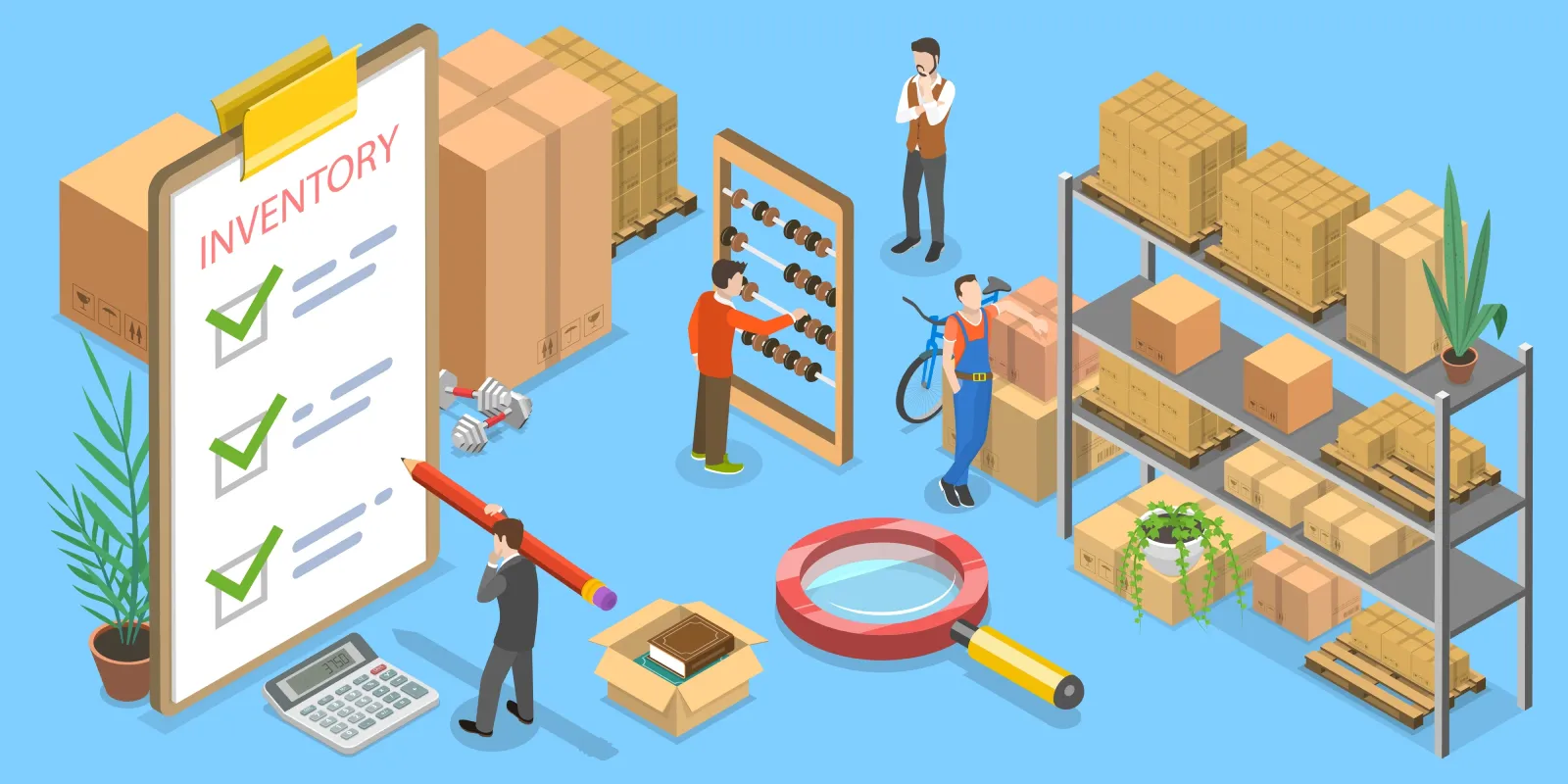
Case Study 1: Small Retail Business – The Artisanal Boutique Shop
The Artisanal Boutique Shop, a small retail business specializing in handmade crafts and gifts, faced significant challenges in managing its inventory. With a diverse range of products, from jewellery to home decor, the shop struggled with tracking stock levels and managing orders efficiently. After implementing Zoho Inventory, the shop saw a marked improvement in operations. The software’s multi-channel selling features allowed the shop to synchronize inventory across its physical store and online platforms seamlessly. As a result, stockouts were minimized, and customer satisfaction improved due to more accurate order fulfilment. Additionally, the shop benefitted from Zoho’s integration with its existing accounting system, streamlining financial management.
Case Study 2: Medium-Sized Wholesale Business – Gourmet Foods Distributor
Gourmet Foods Distributor, a medium-sized wholesale business supplying specialty food products to restaurants and retailers, required a robust inventory management solution to handle its complex operations. The company adopted Cin7, leveraging its integrated point-of-sale and warehouse management features. Cin7’s automation capabilities revolutionized the distributor’s order processing system, reducing manual errors and speeding up order fulfilment times. With real-time inventory visibility, Gourmet Foods Distributor could make more informed purchasing decisions, optimizing stock levels and reducing excess inventory. The transition to Cin7 also provided advanced reporting tools, offering insights that helped the business identify trends and forecast demand more accurately.
Case Study 3: Growing Online Business – Eco-Friendly Home Goods
Eco-Friendly Home Goods, a growing online business dedicated to sustainable and eco-friendly products, encountered scalability issues as its product range and sales volume expanded. The company turned to Unleashed, a cloud-based inventory management system, to handle its growing needs. Unleashed’s real-time inventory tracking and robust order management features allowed Eco-Friendly Home Goods to manage its inventory more effectively, even during peak sales periods. The software’s extensive reporting tools facilitated better decision-making and strategic planning. Integrations with ecommerce platforms and shipping services further streamlined operations, resulting in faster delivery times and higher customer satisfaction rates.
By exploring these success stories, small and medium-sized businesses can understand how the right inventory management software can transform their operations, leading to greater efficiency, cost savings, and customer satisfaction.
Conclusion
Implementing inventory management software can be a game-changer for small business owners. By streamlining inventory tracking and management, enhancing stock control, improving order fulfillment, enabling better decision-making, and reducing operational costs, this powerful tool can help you take your business to the next level.
If you’re ready to experience the benefits of inventory management software firsthand, start by exploring some of the popular options mentioned above. With the right software in place, you’ll be well on your way to achieving greater efficiency, higher customer satisfaction, and increased sales.
For more insights and tips on growing your small business, be sure to follow our blog and stay updated with the latest industry trends and best practices.
Did you find this ringtone useful?

